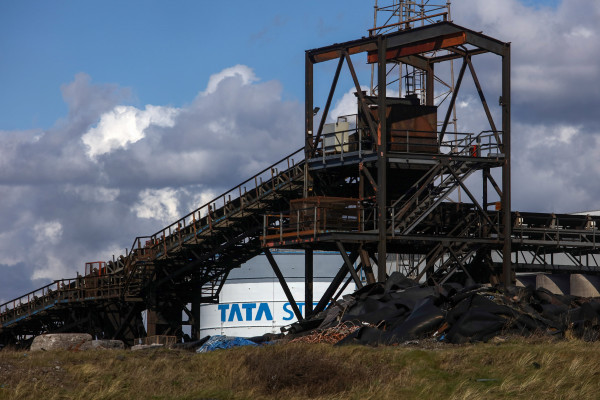

The Pensions Regulator has given its initial approval to the restructuring of the defined benefit scheme, in a proposal that secures a significant cash contribution to the BSPS and minimises the impact on the Pension Protection Fund (PPF).
This restructuring, based on a proposal by Tata Steel UK’s (TSUK), will be done through a regulated apportionment arrangement (RAA).
Designed for multi-employer schemes, under an RAA the participating employer in a defined benefit (DB) pension scheme stops participating in the scheme, and the departing employer's share of the employer debt that would otherwise be due to the scheme is split among one or more of the remaining participating employers.
In this case, the BSPS will receive £550m from the parent Tata Steel Group, significantly more than it would receive in insolvency, and a 33 per cent equity stake in TSUK.
Following completion of the RAA, the scheme will offer its 130,000 members the choice to either transfer to a new scheme (if they meets certain qualifying conditions) which will be sponsored by TSUK, or remain in the existing scheme which will transfer to the PPF.
Choosing to transfer to the successor scheme will give some members the potential to receive higher benefits than if they stayed in the BSPS on its entry to the PPF. Each member’s situation is different and the benefits will depend on their personal circumstances and retirement plans.
Lesley Titcomb, chief executive of TPR, said: “We do not agree to these types of arrangements lightly but after several months of robust negotiations in this case, we believe that it is the best possible outcome for everyone involved in what is a very difficult situation.
“This proposal brings greater certainty for pension scheme members and unlocks the possibility of restructuring the company, which in turn could lead to preserving jobs.”
For Steve Webb, director of policy at Royal London, “this deal represents a good balance between trying to save steel jobs and trying to protect members' pensions”.
“Over the course of this saga some much more unacceptable options have been considered,” such as to change pension law or to create a new scheme without an employer, Mr Webb said.
“It is good that both of these have been rejected."
He added: "It is important that scheme members receive clear information about the options now open to them, and are given the advice and guidance that they need to make the choice as to whether to join the new pension scheme or remain in the existing scheme, and eventually have benefits paid by the PPF."
TSUK and BSPS trustees have initially agreed the plan, which includes the RAA.
Formal approval to the RAA is expected to be granted by TPR in 28 days’ time, provided the decision is not referred to the Upper Tribunal by any of the parties who are directly affected by this decision.
The BSPS trustees will be communicating with scheme members in the next few weeks to explain member options and expected next steps. In the meantime, members should contact the BSPS trustees with any queries.
This proposal was first presented in May, and Tata Steel has been waiting for TPR approval since then.
In the meantime, the numbers of members transferring out of the BSPS fund have more than doubled. TSUK employees have been attracted by the rise in the value of transfers made to those leaving defined benefit schemes over the past two years.
Tata took on BSPS when it bought Corus in 2007 for £6.2bn, and the funding deficit has been an increasing problem.
The separation from the scheme could remove the last hurdle to a merger of the group’s European steelmaking operations with those of German rival ThyssenKrupp.
maria.espadinha@ft.com



